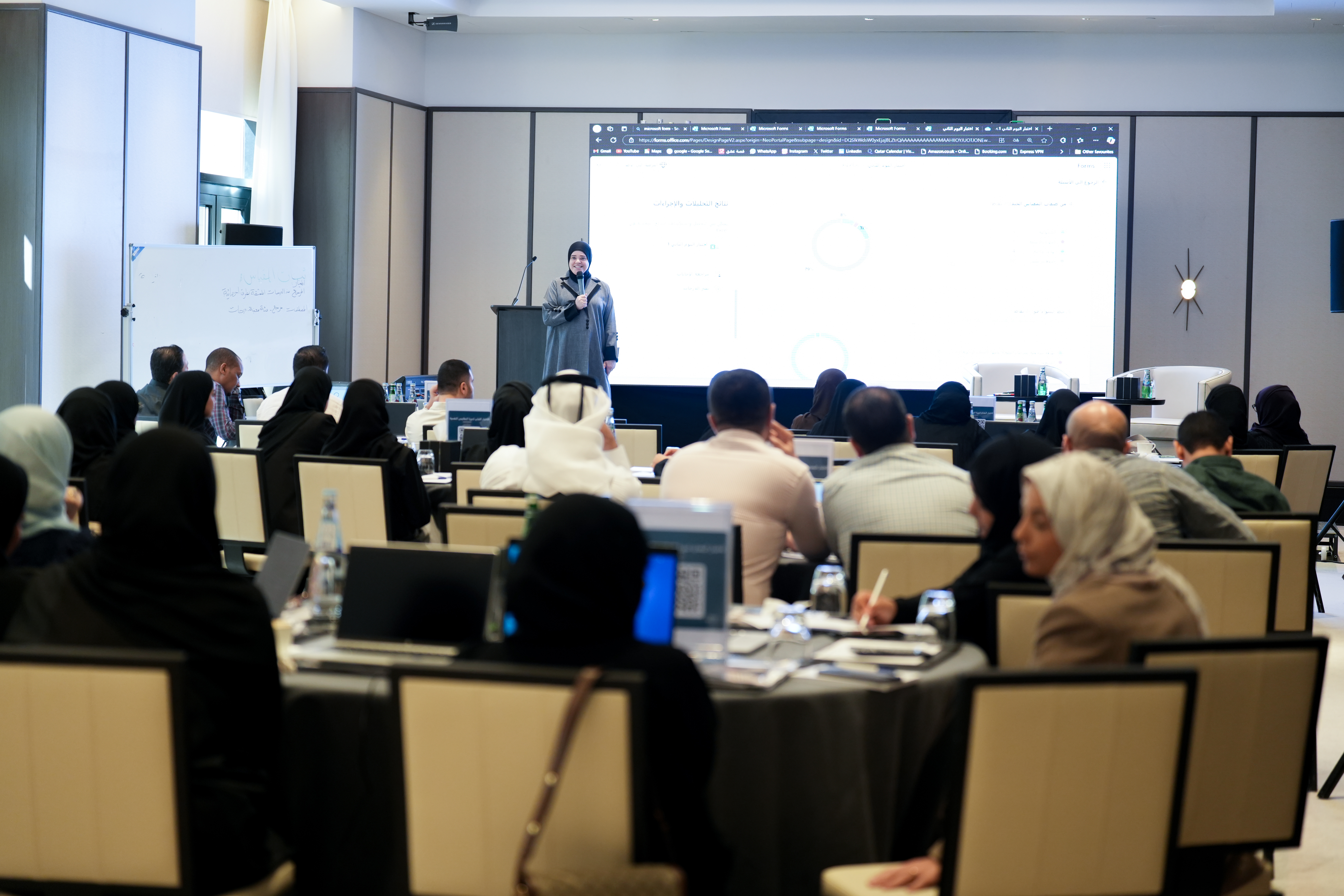
MSDF launches second workshop under National Programme Kafa'a
The Ministry of Social Development and Family, represented by the Community Development Department, organised a workshop to improve the skills of social sector employees within the national programme ‘Kafa'a’.
The workshop entitled ‘Practical in preparing and applying psychological measures with the establishment of an electronic measures unit’ was held on November 20 and 21 at Waldorf Astoria Hotel.
The Kafa’a programme aims to build the capacities of social service providers in the State of Qatar. This programme is designed to enhance the professional skills and competencies of workers in the social service sector as part of the ongoing efforts to improve the quality of services provided and meet the needs of society.
The workshop was presented by Dr. Dujana Baroudi, a clinical psychologist at Etizan Training Center, and Asmaa Abu Ali, a certified trainer and psychological and educational consultant at Etizan Training Center.
It covered several topics, including the concept of measurement, types of scales, designing scales, analyzing results and the ethics of measurement, the importance of psychological and educational scales, psychological measurement in the Qur’an.
Regarding the types of psychological scales, Baroudi explained that they are divided into: mental health and wellness scales, personality and mood scales, cognitive, psychological and neurological assessments, social, psychological and environmental assessments, professional and organisational assessments, and specific psychological disorders.
Baroudi also noted the factors that affect the accuracy of the scale, which are social expectations, health status, mood and temporary psychological state, feeling unusually confused, anxious or afraid, privacy, and the physical environment.
Asmaa Abu Ali spoke about the difference between educational measurement and psychological measurement, explaining that educational measurement focuses on assessing educational knowledge and skills within a specific educational context, while psychological measurement aims to understand and assess the psychological aspects of individuals more broadly. Each of them uses different tools and methods to achieve their goals.
Regarding the classification of psychological and educational scales, she explained that they are classified according to the purpose of the scale, type of measurement, and method.
Speaking about electronic scales and the benefits of using them, Asmaa Abu Ali said: “Their benefits are numerous, including: accuracy and objectivity, continuous tracking, saving time, ease of access, customization, and improving communication.”
As mentioned in the ethics of using scales, it is divided into confidentiality and privacy, informed consent, fairness and equivalence, proper interpretation of results, checking for errors, and participant development.
Kafa’a programme is a national initiative that aims to prepare and qualify individuals in the fields of psychological, family and educational counseling, as this programme is considered one of the sources that enhance the psychological knowledge provided to individuals and groups.
This comes from the awareness of those in charge of educational systems of the importance of providing psychological counseling services and educational and vocational guidance all over the world.
From this standpoint, the programme targets psychological and social specialists in the Ministry and social work centers.
The process of psychological counselling is considered an essential part of the requirements of the era, and not just a cultural luxury.
This process is not limited to providing support to individuals and groups, but also helps in broadening their horizons and increasing their awareness of themselves and the environment around them.
Kafa’a programme also aims to develop and train cadres working in the field of social work, by qualifying specialized skills according to a comprehensive methodology that combines theoretical knowledge and practical application.
This is to achieve a high level of performance and ensure the achievement of community development goals. The programme will continue for a full year and includes 200 training hours distributed over 15 integrated training programmes.
More News
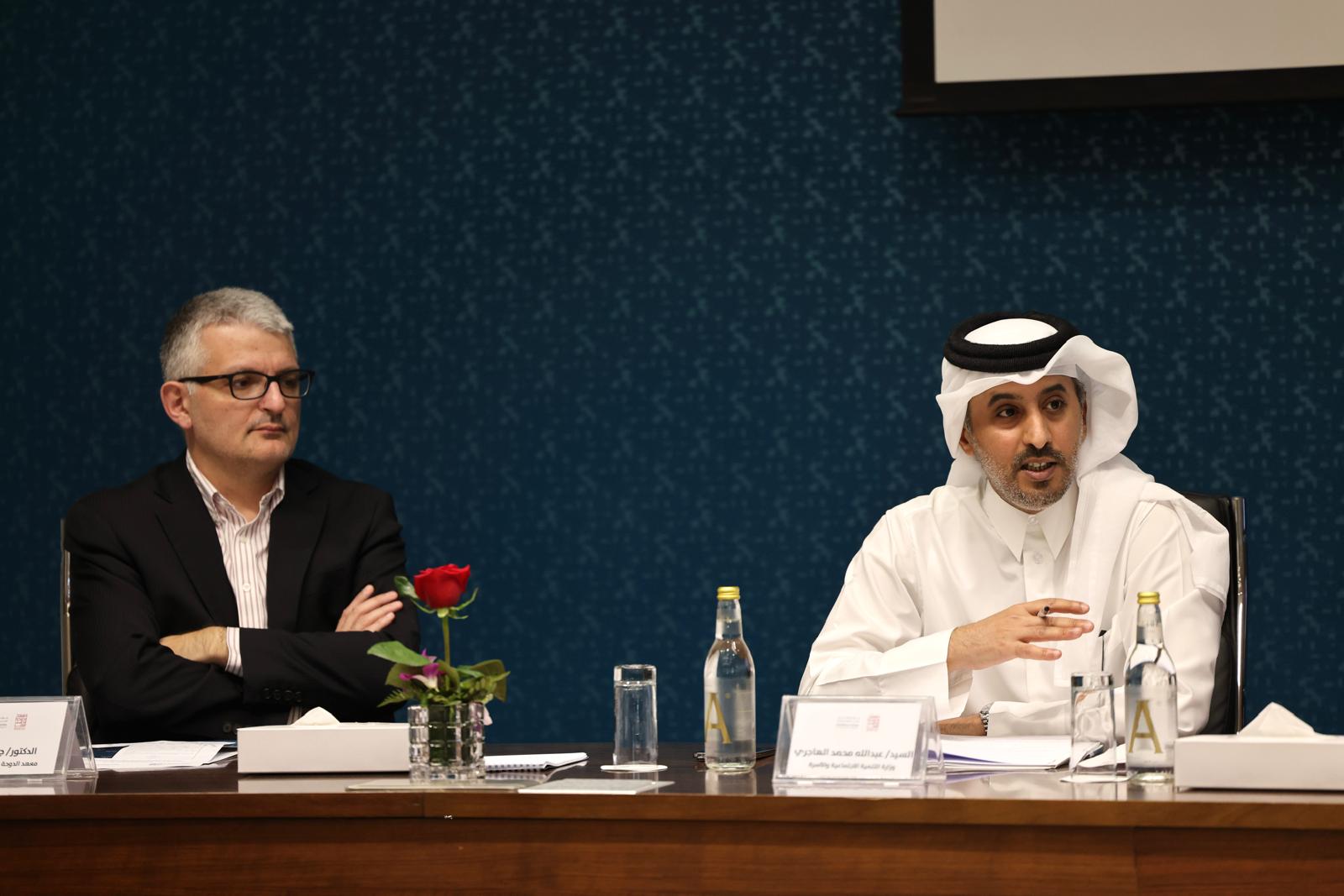
The Ministry of Social Development and Family—represented by the Private Associations and Institutions Department—in collaboration with the Excellence Center for Training and Consulting at the Doha Institute for Graduate Studies, organized a specialized panel discussion titled "Private Associations and Institutions in Qatar: Reality and Aspirations in Light of Qatar National Vision 2030."
Read more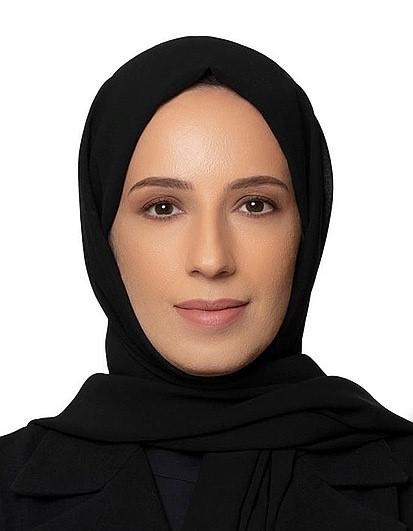
HE Minister of Social Development and Family, Buthaina bint Ali Al Jabr Al Nuaimi, participated in the 45th session of the Arab women committee, chaired by the State of Qatar, held on Feb. 10–11, 2026, which was held virtually, with the participation of Their Excellencies ministers from Arab countries, as well as representatives of the General Secretariat of the League of Arab States and relevant organizations.
Read more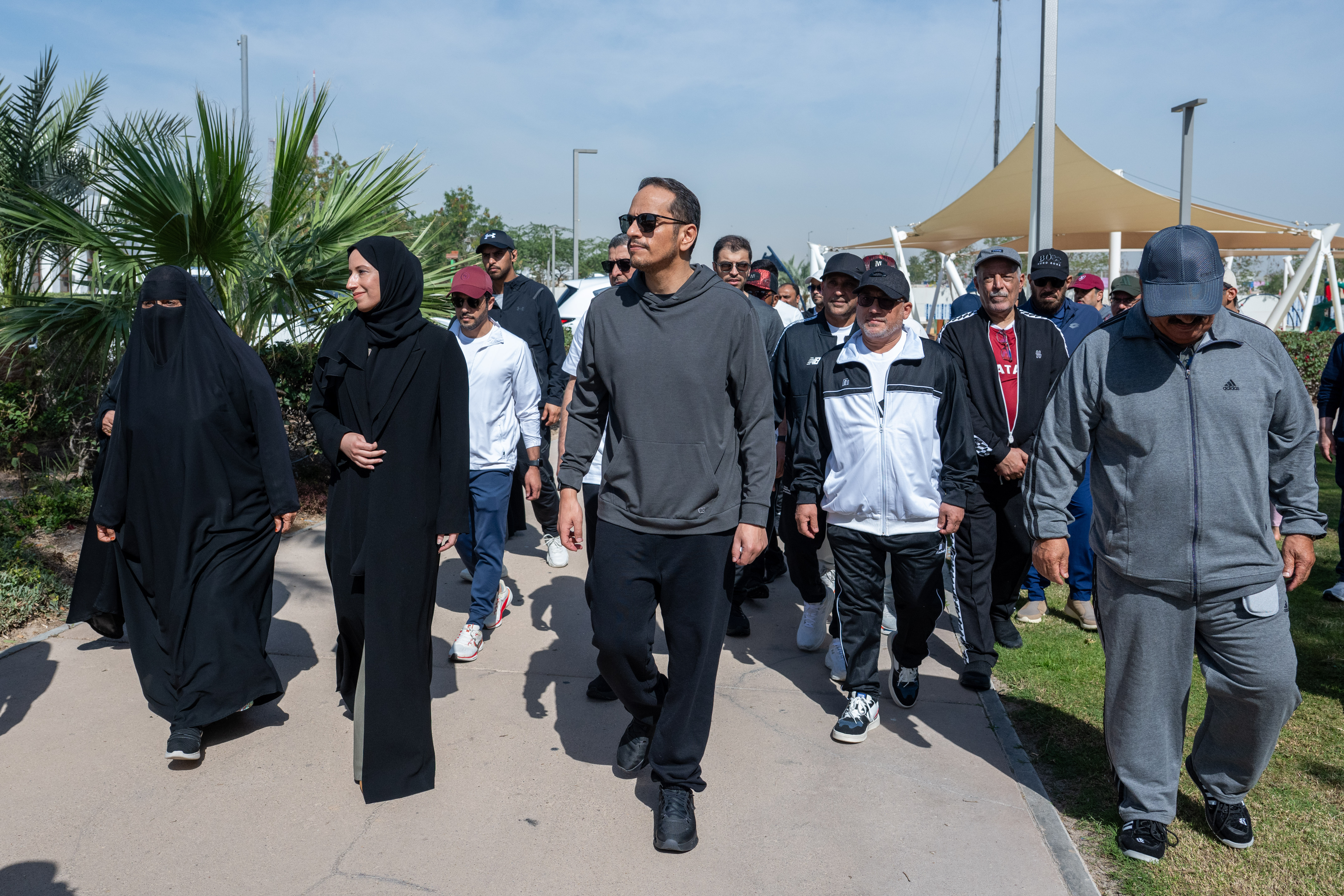
His Excellency Sheikh Mohammed bin Abdulrahman bin Jassim Al Thani, Prime Minister and Minister of Foreign Affairs, attended the 2026 National Sport Day activities organized by the Ministry of Social Development and Family (MSDF), the Qatar Foundation for Social Work (QFSW), and its affiliated centers at Al Bidda Park.
Read more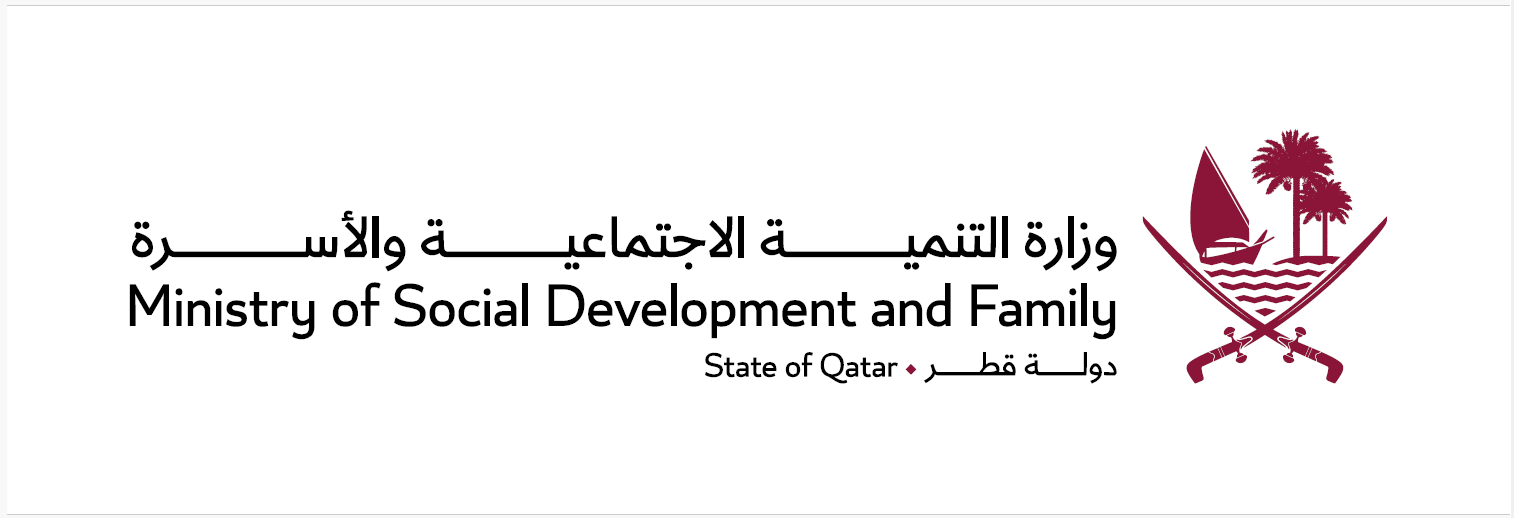
The Ministry of Social Development and Family, represented by the Family Protection Section of the Social Protection Department, is set to launch the "Gharsa Program" in collaboration with the Department of Da'wah and Religious Guidance at the Ministry of Endowments and Islamic Affairs. The inaugural event will take place on Sunday, February 8, 2026, at the Women’s Activity Building of the Department of Da'wah, from 4:00 PM to 6:00 PM.
Read more